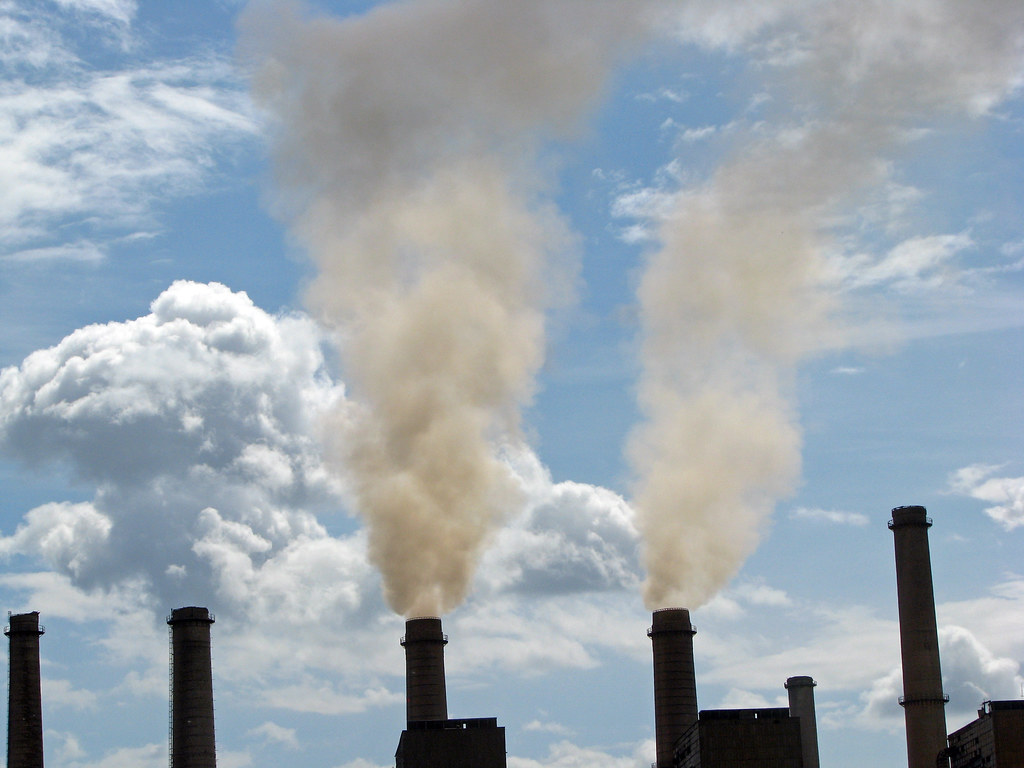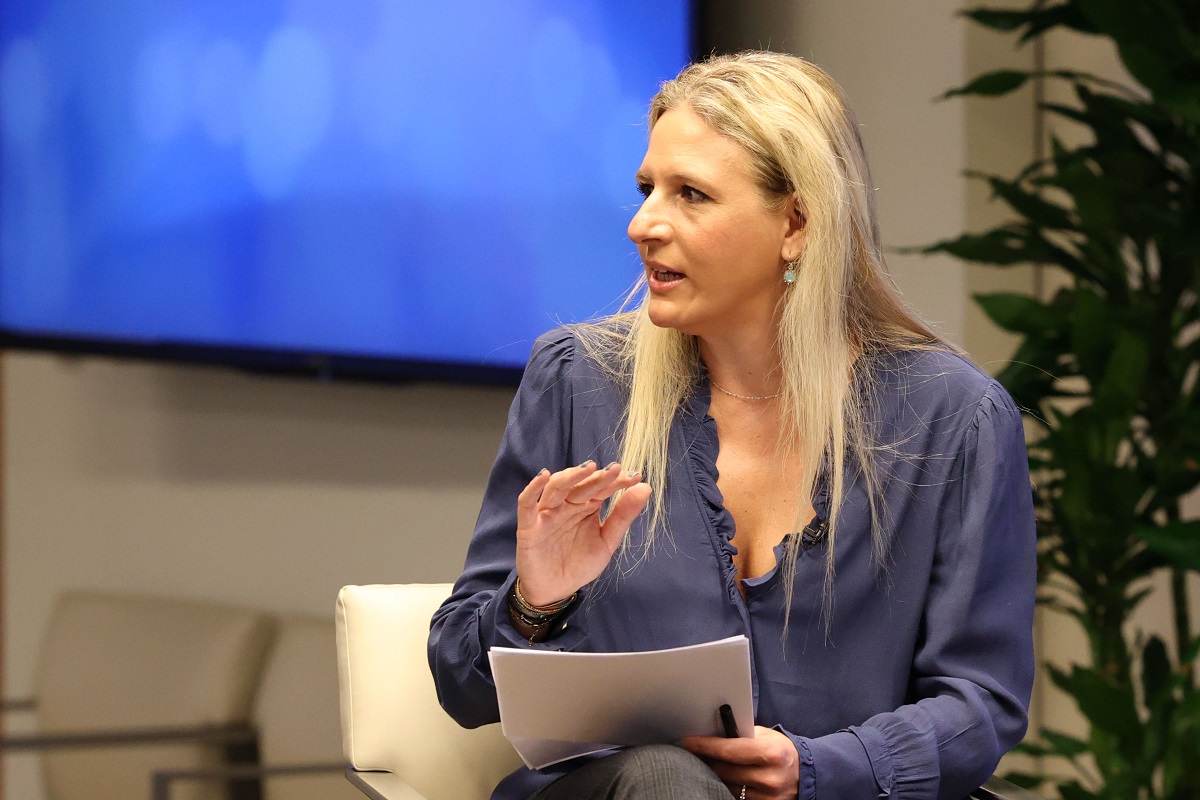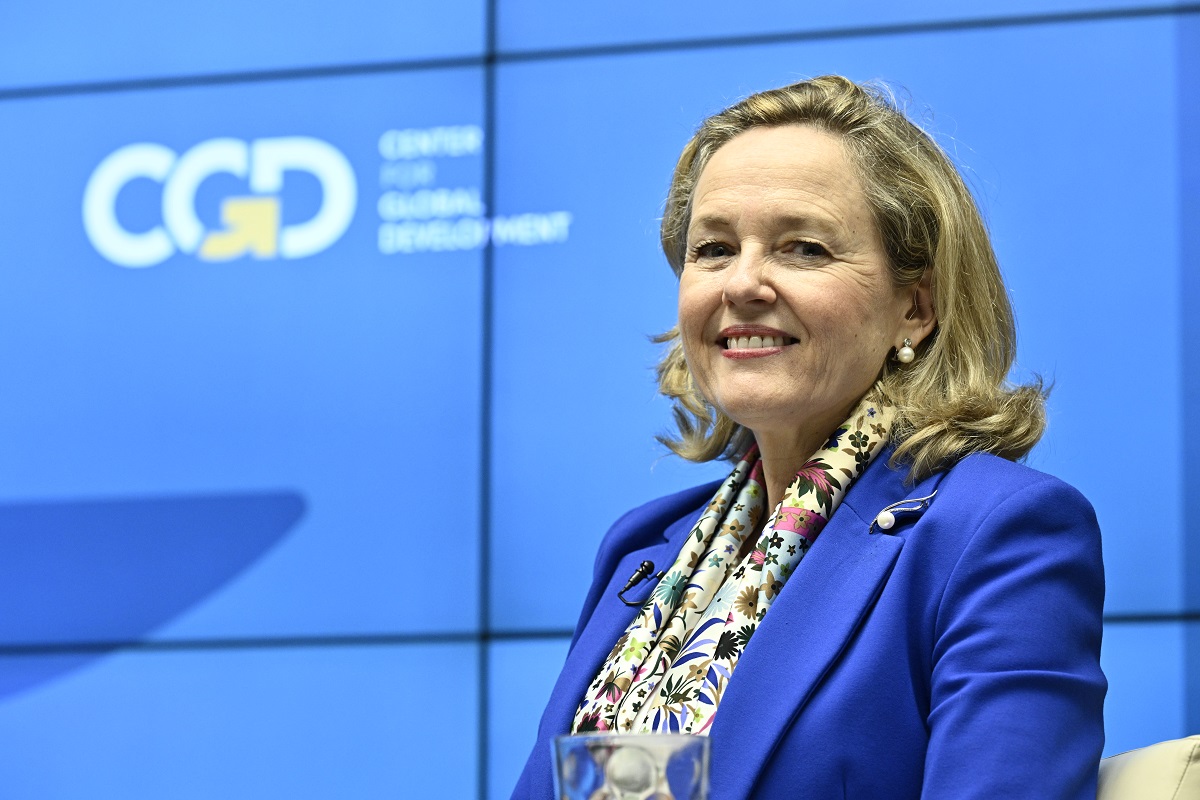Recommended
The Paris Summit for a New Global Financing Pact set to take place this week, hot on the heels of the London Ukraine Recovery Conference. The Paris summit is being billed as a moment to rebuild trust between the West and African countries in the face of broken promises, double standards and bifurcated approaches. But for that to materialise, the West will need to face down the geopolitical drivers that are carving up the world, and obliterating the prospect of cooperation to address the unprecedented confluence of crises the world faces.
Deglobalization and the all-out quest for strategic autonomy
The COVID-19 pandemic and the war in Ukraine have exposed the risks of economic interdependence. Policymakers around the world have been trying to shorten and diversify supply chains, bring more manufacturing onshore and place new checks on foreign investment. It is, however, politics rather than economics, that is shaping the “friendshoring” of supply chains. And the issue of strengthening strategic autonomy has risen to the top of the agenda. But, as countries retreat from globalization and begin to look increasingly inward, the cooperation storyline is shifting to: globalisation comes with risks; countries need to reduce their dependencies; energy is key (especially in Sub-Saharan Africa); and so, the focus must be on building strategic corridors with African countries to reinforce strategic autonomy.
The US/China rivalry dividing the world
The economic and strategic rivalry between the US and China continues to dominate geopolitics. But while European allies will remain strategically aligned with the US, some countries are reluctant to completely forego economic ties to China, especially given that Europe is more dependent on trade with China than the US. However, the worsening tensions and rhetoric on both sides are making it much harder for the two largest economies to cooperate even on the issues where such cooperation is in their own interest. And the strains are increasingly compelling other countries to choose sides, re-dividing the world at a time when collective success depends more than ever on collective action.
Ukraine to the detriment of other crises
The world is seeing a rise in conflicts that involve more international actors, that displace more people, that last longer, and that decimate economies. What’s more, there is a breakdown in the distinction between war and peace, as the theatre of conflict expands to include sanctions, cyberwar and the pressures of large migrant flows. The war in Sudan; northern Ethiopia, the collapse in Afghanistan; andYemen have only added to the number of crisis spots, all which remain severely underfunded. But the West’s priority is Ukraine and its reconstruction, which will cost hundreds of billions of dollars. This money will need to come from somewhere and it is likely to take precedence over other crises.
Bifurcated approaches
The scale of both migration and displaced populations has become a major source of international debate and domestic political tensions. With Russia’s invasion of Ukraine, European countries granted Ukrainians fleeing the war legal status and access to the labour market, social benefits and education for one year (renewable for up to three). However, there is still disagreement on how to create a system that applies to all asylum seekers, not only those from a predominantly white, friendly country. The current situation in many European countries illustrates the bifurcated approach across much of Europe: Ukrainians have been welcomed with supportive rhetoric, while other refugees are still quietly subject to a system that prioritizes keeping refugees out and still has no settled agreement on how to distribute arrivals.
Our lives are, more than ever, being impacted by events that can only be managed effectively through global coordination and cooperation. Yet, the inability of the world’s most powerful economies to cooperate on global issues—whether that’s climate change or pandemic response—is breeding a crisis of confidence. Developing countries have witnessed the unfaltering support for Ukraine, and the hypocrisy of the West in prioritising their own interests and concerns over global issues such as health and climate change. Relations between developing and developed countries are more fractious than ever, and trust in cooperation and multilateral institutions, in which developing countries continue to be marginalized, is now at an all-time low.
Development cooperation is undoubtedly being affected by escalating geopolitical tensions. The lack of trust is increasingly compelling countries in the Global South to choose sides, dividing the world at a time when the list of global challenges is soaring and is dependent more than ever on collective action. But development cannot occur without trust. To build trust, western leaders at the Paris summit must ensure that they listen to their developing country partners and that they do not lose sight of their development needs and priorities. They must break the cycle of unfulfilled commitments and paternalistic instruction. Paris will be the reckoning.
Disclaimer
CGD blog posts reflect the views of the authors, drawing on prior research and experience in their areas of expertise. CGD is a nonpartisan, independent organization and does not take institutional positions.






